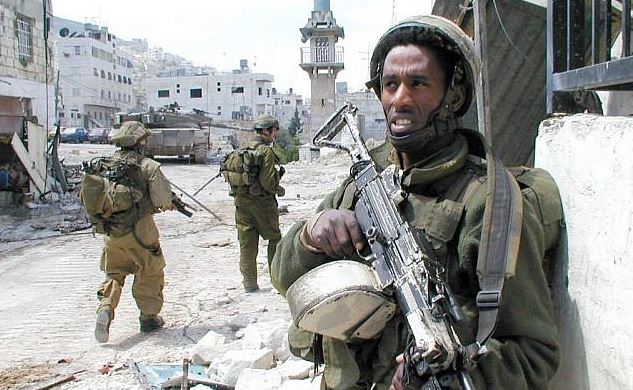Israeli airstrikes on southern and eastern Lebanon, as well as the capital city of Beirut, claimed the lives of 450 people and injured more than 1,500 on Monday, marking the deadliest assault on Lebanon since the 2006 war with Hezbollah. The airstrikes came just days after thousands of pagers in Lebanon exploded, killing 32 people and injuring thousands more. Lebanese authorities have blamed Israel for both the airstrikes and the pager explosions, raising fears of a wider conflict.

As the violence escalates, Israeli Prime Minister Benjamin Netanyahu has urged civilians in the affected regions to evacuate, warning of further military operations. The latest wave of airstrikes has displaced over 110,000 Lebanese civilians, with around 60,000 Israelis also fleeing their homes in the northern border region.
Growing Fears of a Broader War
The renewed hostilities have ignited concerns of a broader regional war, with tensions between Israel and Lebanon at their highest point since the 2006 conflict with Hezbollah. The latest violence underscores the complex and deeply entrenched history between the two nations, which stretches back to the 1982 First Lebanese War.

A Look Back: The First Lebanese War
The origins of the Israel-Lebanon conflict can be traced back to the First Lebanese War in 1982. Tensions escalated in March 1978 when members of the Palestine Liberation Organization (PLO) infiltrated Israel, leading to the murder of an American tourist and the hijacking of a bus, resulting in 34 hostages being killed. In retaliation, Israeli forces invaded Lebanon, targeting PLO bases. Although they withdrew after two months, the violence between the PLO and Israel continued, culminating in the First Lebanese War.
The tipping point came in June 1982 when a Palestinian terrorist group attempted to assassinate Israel’s Ambassador to Great Britain. In response, the Israel Defense Forces (IDF) launched “Operation Peace for Galilee,” aiming to eliminate terrorist threats and drive the PLO out of Lebanon. The Israeli forces surrounded Beirut, but the PLO’s strategic positioning behind civilians led to increased suffering and delayed negotiations for a ceasefire.
By September 1982, following intense international pressure, approximately 14,000 PLO fighters, including chairman Yasser Arafat, were evacuated from Beirut. While the operation achieved its military objectives, it left a legacy of instability in Lebanon. Over 1,200 Israeli soldiers were killed during the war, which deeply divided public opinion in Israel and led to the resignation of Prime Minister Menachem Begin.
Conflict’s Enduring Legacy
The First Lebanese War created lasting tensions between Israel and Lebanon, setting the stage for future confrontations, including the 2006 war with Hezbollah. The current conflict, sparked by the deadly airstrikes and pager explosions, threatens to plunge the region into further instability. As both nations brace for the potential of a wider war, the humanitarian crisis in Lebanon continues to worsen, with thousands displaced and growing fears of more violence to come.
The international community is closely monitoring the situation, urging both sides to de-escalate, but the future remains uncertain as the region teeters on the edge of yet another prolonged conflict.
Key Points: 1982 Lebanon War and the Rise of Hezbollah
- Israeli Invasion: The 1982 Lebanon War began when Israel launched “Operation Peace for Galilee” to eliminate the Palestine Liberation Organization (PLO) in Lebanon, following a failed assassination attempt on an Israeli diplomat.
- PLO Expulsion: Israeli forces succeeded in driving the PLO out of Lebanon, leading to the evacuation of Yasser Arafat and around 14,000 fighters from Beirut by September 1982.
- Civilian Suffering: The invasion caused significant civilian casualties and destruction, with the PLO and Israeli forces accused of exacerbating humanitarian crises in southern Lebanon and Beirut.
- Hezbollah Emergence: The power vacuum and instability left in the wake of Israel’s invasion led to the rise of Hezbollah, a militant Shia group that opposed Israeli occupation and grew into a major force in Lebanon.
- Long-Term Impact: The 1982 war marked a turning point in Lebanon-Israel relations, contributing to the formation of Hezbollah and ongoing tensions between the two nations, which persist today.



